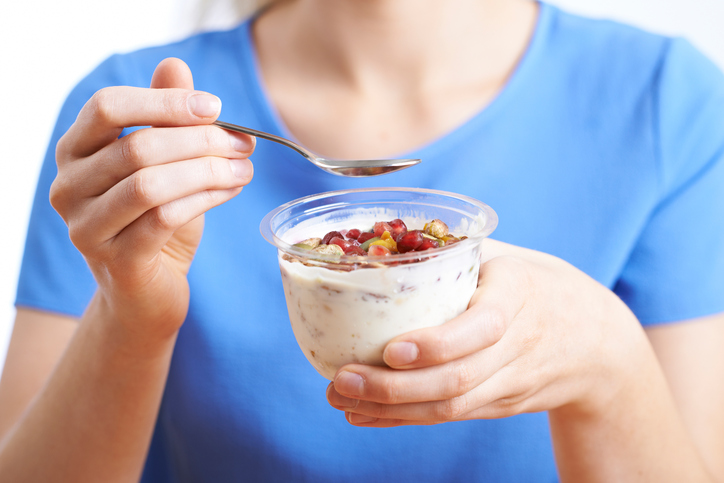When people hear the word “snacking,” images of chips, candy, and other indulgences will usually come to mind. However, members of the professional nutrition community have argued that snacking can be beneficial to an individual’s health. Many claim that it can improve metabolic rate, curb hunger, and help with weight loss.
If you’re interested in becoming a health and nutrition professional, your future career could involve advising your clients on forming and maintaining healthy eating habits. Will snacking be a part of those habits? Read on to discover the truth behind snacking.
The Benefits of Snacking Depend on the Food in Question
When it comes to snacking, there seems to be two opinions that are on opposite ends of the spectrum. The first is that snacking is bad for the body and leads to weight gain, consuming excess calories, and indulging in sugary, fatty, and salty foods like chips, candy, or a can of soda pop. The second is that eating healthy, small portions often throughout the day will result in a higher metabolic rate, which could help with weight loss.
While many claim that more research is needed, nutrition experts currently believe that snacking has its benefits and its drawbacks. They argue that whether snacking is good or bad for an individual’s health depends on the quality of the snack and the size of the portion.
Grads of Nutrition and Health Training Know Snacking Helps Include all the Food Groups
Having small snacks in between meals throughout the day is an excellent way for your clients after nutrition and health training to fill in the gaps of their nutritional intake. According to Canada’s Food Guide, adults between the ages of 19 to 50 should be consuming seven to ten servings of fruit and vegetables every day. For some individuals, this may be quite challenging to do in just three meals. That’s why snacking can help your clients sneak in extra servings of fruits and veggies while providing a much-needed energy boost throughout the day.
In addition to fruits and vegetables, in the future you could recommend your clients snack on low calorie and nutrient dense foods. A small serving of plain low-fat Greek yogurt with honey and fruit is a great snack that is protein, calcium, and vitamin rich. If your client craves something crunchy, apple slices or celery dipped in natural peanut butter are other great options.

Snacks should be rich with nutrients like protein and fibre
Pros with a Diploma in Nutrition Know Snacking May Help Control Appetite
As professionals with a diploma in nutrition know, waiting long periods of time in between meals may cause individuals to eat much larger portions than necessary during a meal. Snacking on healthy foods that are chock-full of vitamins and slow-burning carbohydrates can help your clients stay satisfied for longer, reducing the chances of them overly indulging at dinner time.
It’s important to keep in mind that if your client is adding several 150-200 calorie snacks to their diet per day, they need to adjust their meals accordingly to accommodate the calories. With the extra boost throughout the day, your client should consume meals that are a bit smaller than usual. As always and above all else, it’s important to ensure your clients are making healthy and informed decisions about what is fueling their body.
Are you interested in enrolling in a nutrition diploma program in Ontario?
Contact AAPS today to learn more!





